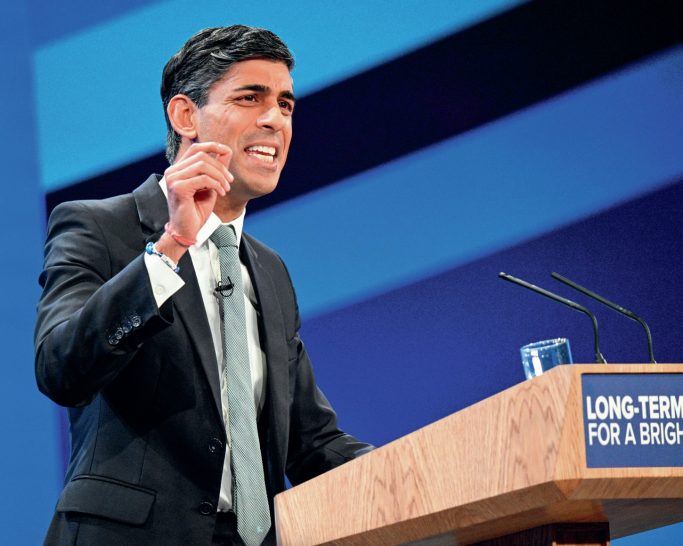
One of the most distinctive features of the US political system is the use of primaries. Whereas the selection of the parties’ candidates in most European countries is a matter for party activists, primaries allow members of the public to decide who should serve as a party’s candidate. In many cases, those who wish to participate register as a supporter of a party, but the rules vary from state to state. And although presidential primaries usually get the most attention, the primary system is also used to select candidates for almost all offices at both federal and state level.
The US system is often described — because of the primary system — as open insofar as anyone can seek adoption as a party’s candidate. That having been said, the results of congressional primaries are generally foregone conclusions. This is because the incumbent (the person in office already) is almost always reselected. He or she will enjoy name recognition, usually attracts large amounts of campaign finance, secures an endorsement by the party’s leadership organisations and will, in all probability, have a solid record of constituency service. (All these things also make sure that the incumbent almost always wins the general election later in the year when the party candidates face each other.)
Your organisation does not have access to this article.
Sign up today to give your students the edge they need to achieve their best grades with subject expertise
Subscribe




